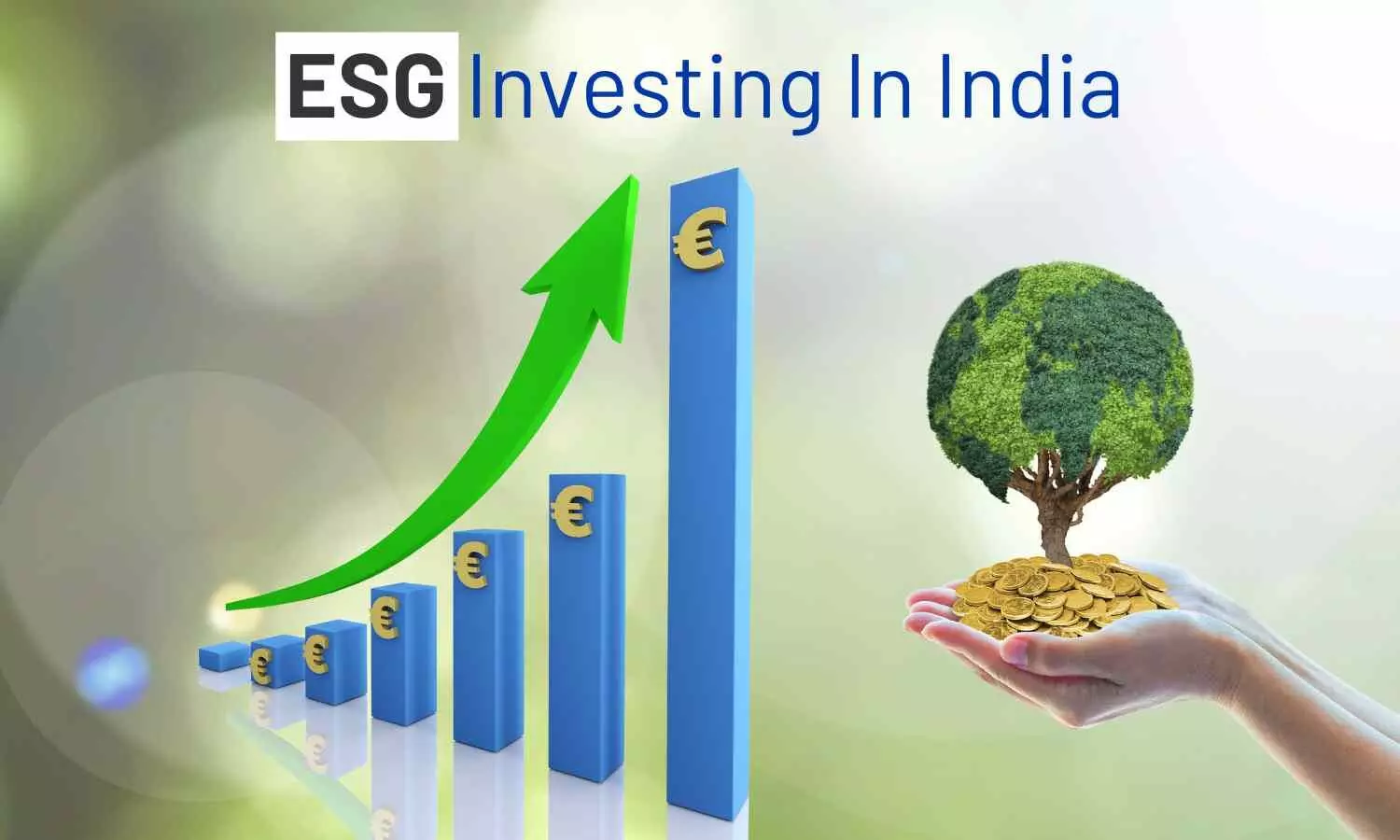Understanding ESG Investing: Key Aspects and Importance
Learn about the Environmental, Social, and Governance criteria that assess corporate practices and their impact on the world.
Understanding ESG Investing: Key Aspects and Importance

ESG investing stands for Environmental, Social, and Governance investing. It focuses on putting money into companies that are not only ethical but also profitable. The ESG criteria assess how these companies affect the environment, treat their employees, and practice good governance.
The environmental aspect looks at how a company cares for the planet. It examines whether the company works to keep the air and water clean and how well it manages waste.
The social aspect evaluates how a company treats its employees and its contributions to the community. It makes sure that workers are treated nicely and that the company helps the neighborhood.
Governance looks at how a company is managed. It checks for transparency and ethical behavior. Companies should be open about what they do and make responsible choices.
Investors usually steer clear of companies that don’t follow ESG standards. For example, those who pollute a lot or have poor labor practices are often left out of ESG investments
Lately, more investment funds have started to adopt these ESG principles.
A company’s commitment to ESG standards can be measured with an ESG score. Organisations like MSCI, Sustainalytics, and Morningstar provide these scores, reflecting how well a company meets ESG criteria.
These scores can change over time as regulations evolve or as companies improve their practices.
The MSCI ESG Score shows how effectively a company manages environmental, social, and governance (ESG) risks compared to its peers. Companies that earn AA or AAA ratings are recognized as the best at handling these risks.
Morningstar’s ESG Score rates companies and mutual funds on a scale from 1 to 50. A score of 1 means low risk, and 50 means high risk. They also provide detailed scores for different ESG areas to give a better overview.
There are various ways to invest in ESG. One option is to purchase ESG-compliant stocks and invest in sustainable companies.
Another choice is to invest in ESG mutual funds. These funds include a diverse range of ESG-compliant companies, and you can find funds that align with your values using available tools.
Exchange-traded funds (ETFs) are also an option. These funds are traded on stock markets and pool money from multiple investors to buy different assets, focusing on ethical investments while avoiding sectors like tobacco and weapons.
ESG Index Funds track specific ESG indices, such as the Nifty 100 ESG Index. They help you compare your ESG performance with similar investments.
The growth of ESG investing in India is driven by several factors. Despite challenges like climate change, India has remained resilient.
From 2012 to 2020, six ESG funds were introduced, and as of March 2024, there are now 11 sustainable investment funds. Most assets under management (AUM) in this space are held by a few top funds.
According to the Securities and Exchange Board of India (SEBI), ESG funds can operate under various strategies, including exclusion (avoiding certain sectors), inclusion (actively choosing ESG-compliant companies), best-in-class (selecting top performers), impact investing (investing for positive social or environmental outcomes), sustainable objectives, and transition-related investments.
Funds need to invest at least 80% of their assets in equity-related instruments, with 65% specifically in companies that follow Business Responsibility and Sustainability Reporting (BRSR).
The future of ESG investing in India looks good. According to a report from Avendus Capital, by 2051, ESG factors could make up about 34% of total assets under management. This growth will mainly be in sectors like renewable energy and electric vehicles.
India aims to reach net-zero emissions by 2070. This goal will need a huge investment, estimated at $8-10 trillion over the next few decades. The SEBI BRSR guidelines will help companies focus on sustainability, supporting the growth of ESG investments.
ESG investing is about investing in companies that are kind to the planet and treat people fairly. In India, more and more people are interested in this type of investing.
New rules are encouraging businesses to adopt better practices. As more people recognise the value of being responsible, more companies will get involved.
Companies that adopt ESG practices attract more investment and often do better financially. People like to support honest companies that help their communities, which can lead to greater profits and a stronger reputation.
In short, ESG investing is becoming a key factor in investment choices. As more learn about it and new rules come, both companies and investors will gain. This investment is good for the environment and society, and it helps businesses succeed.
As more people learn about ethical investing, ESG practices will influence India's economy. This will lead to a better future for all. New rules are encouraging businesses to adopt good practices. As awareness grows, more companies will get on board.
When companies follow ESG practices, they attract more investment and usually perform better over time. Investors like companies that are honest and support their communities. This can result in higher profits and a stronger reputation.
In simple terms, ESG investing is becoming important for how people decide where to invest. As more learn about it and new rules come, both companies and investors will gain. This investment is good for the environment and society, and it helps businesses succeed.
As awareness grows about ethical investing, ESG practices will shape India’s economy. This helps create a brighter future for everyone.

